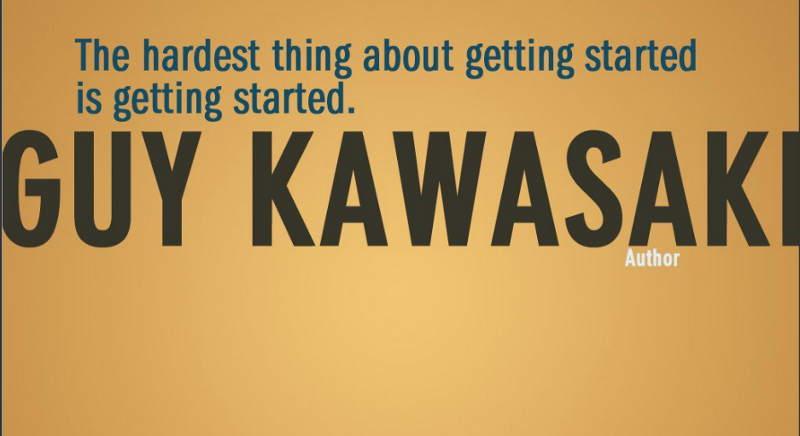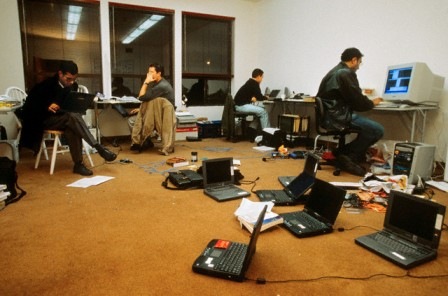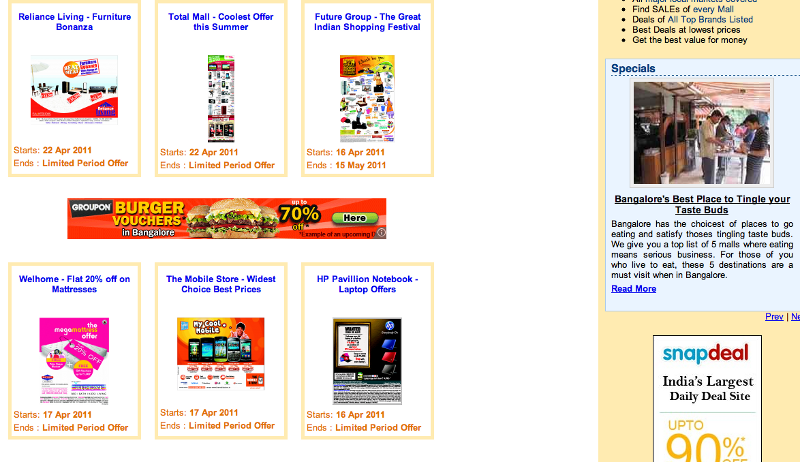Recently I wrote about some of the important lessons I learned after working with SaleRaja and other startups. I was pondering over this article and I realized I can think of many more points which I can write about. So below are 8 more lessons which I came up after reflecting on those days spend building some amazing products with SaleRaja, InfoEdge and Jivox.
8. Spend wisely
As a startup your balance sheet will be in the red in the first few years as you build the infrastructure, teams and systems for the future. Hence it is very important to monitor and control what you spend and for what purpose. Even if you have secured funding, you never know which way the economy turns in the future. The point is to always have cash in the bank to act as a cushion in tough times.
9. Networking
Big corporations are people independent, i.e. , they never depend heavily on any one or a few people for their business to survive. It is because of this that they can hire in big numbers, and even fire people easily in hard times. In startups though, the commitment to the company by employees is very important. Similarly, each employee is very critical to the company and it can’t afford losing an employee as it might impact their business. Due to this, the hiring in startups (at least the initial hirings) normally happen through networking and personal contacts as trust in the employee – employer relationship is very critical for startups. And networking is not only useful in hiring but in other business aspects too.
10. Have Fun Along the Way
I have always believed in the idea that if we love what we do, it is not work but more like play. And while doing different tasks during a typical day, it is very important to have fun and not get too serious. A team of people working who smile and have fun with each other in a casual atmosphere will always have more productivity. So in your team, play some games, pull somebody’s leg, take out time for discussions other than work, or whatever, but don’t miss to have FUN. This might be an exaggeration, but see what happened during a night out in my first job.
11. Do everything – customer service to sales to coding
As a co-founder or starting member of a startup, you should try to do everything to get a pulse of the whole business. That would mean doing coding with your engineers, being involved with your marketing team, going out on sales calls with your sales team and also hearing customer complaints and feedback. This will keep you well informed of what is happening in the whole ecosystem around your business and will help you make better decisions.
12. Do your Business Ethically
It is important to follow both the legal and ethical laws of the land where you operate your business. Being ethical will help you in fostering a long term relationship with your customers. Any success that is attained without the foundation of ethics is bound to be short lived, as lies and scams tend to come out sooner or later. The primary objective of business is not just to maximize profits, but it is also to be a responsible citizen in a just society and working in a way that benefits all its stakeholders.
13. Make Mistakes, but Don’t Repeat
It is only human to make mistakes, and as you start a new business, you will also make few. But the important lesson here is to not keep repeating them. We must take enough risks for our business to grow, but also be wise enough to learn from our mistakes and not repeat them. We just need to make ‘new and better‘ mistakes going into the future. As for me, I am really glad for the mistakes I have made.
14. Mature with Time, but Don’t Grow up..
As our business grows and we reap success, we grow more mature and this maturity starts reflecting in our daily lives as well as our business decisions. But as a startup, it is very important not to loose what makes you special in the first place. It is always good to be a little crazy, keep having fun along the way and not get too serious. It is ok to risk, and it is ok to fail.
15. Don’t accept Failure as an Option
One of the most important word you have to stop listening when starting something new is ‘NO‘. So no matter what, in the face of a NOs, keep on finding new ways of achieving the objective, but never give up. Try out a lot of things, and go with the things that work. When things are not going well, take a break, do something which inspires you, but after that, get back to it with relentless persistence. Remember, failure is not an option.





